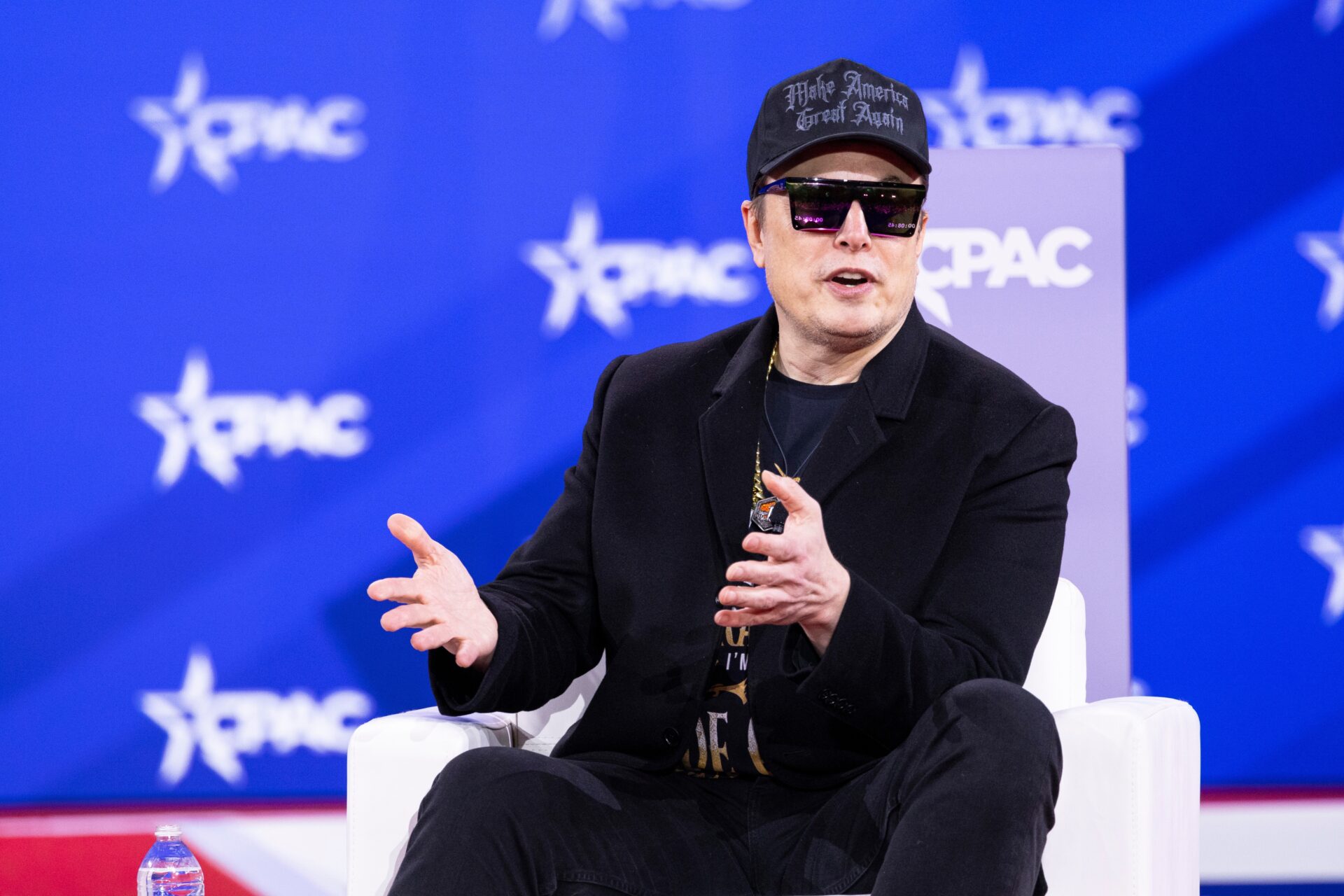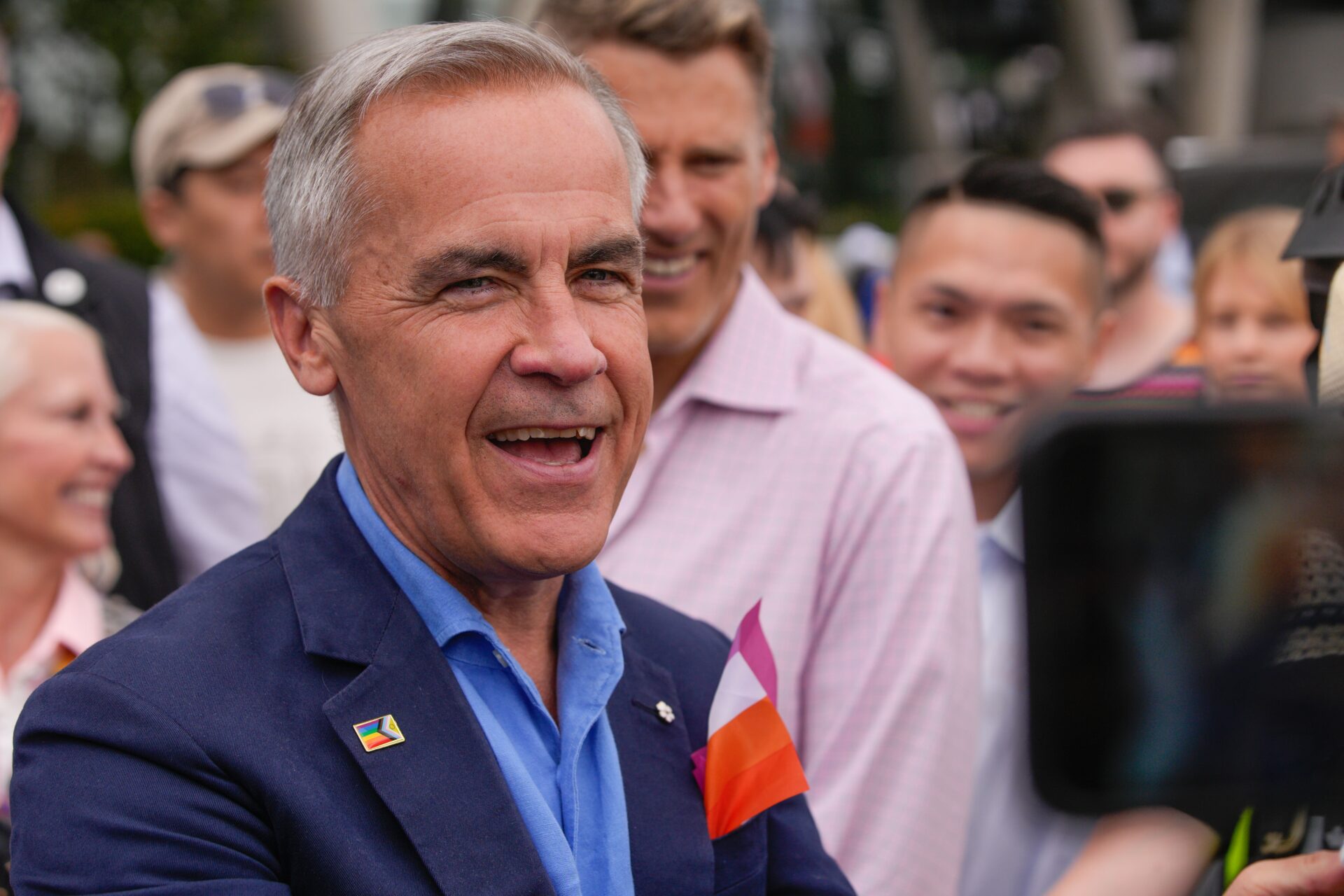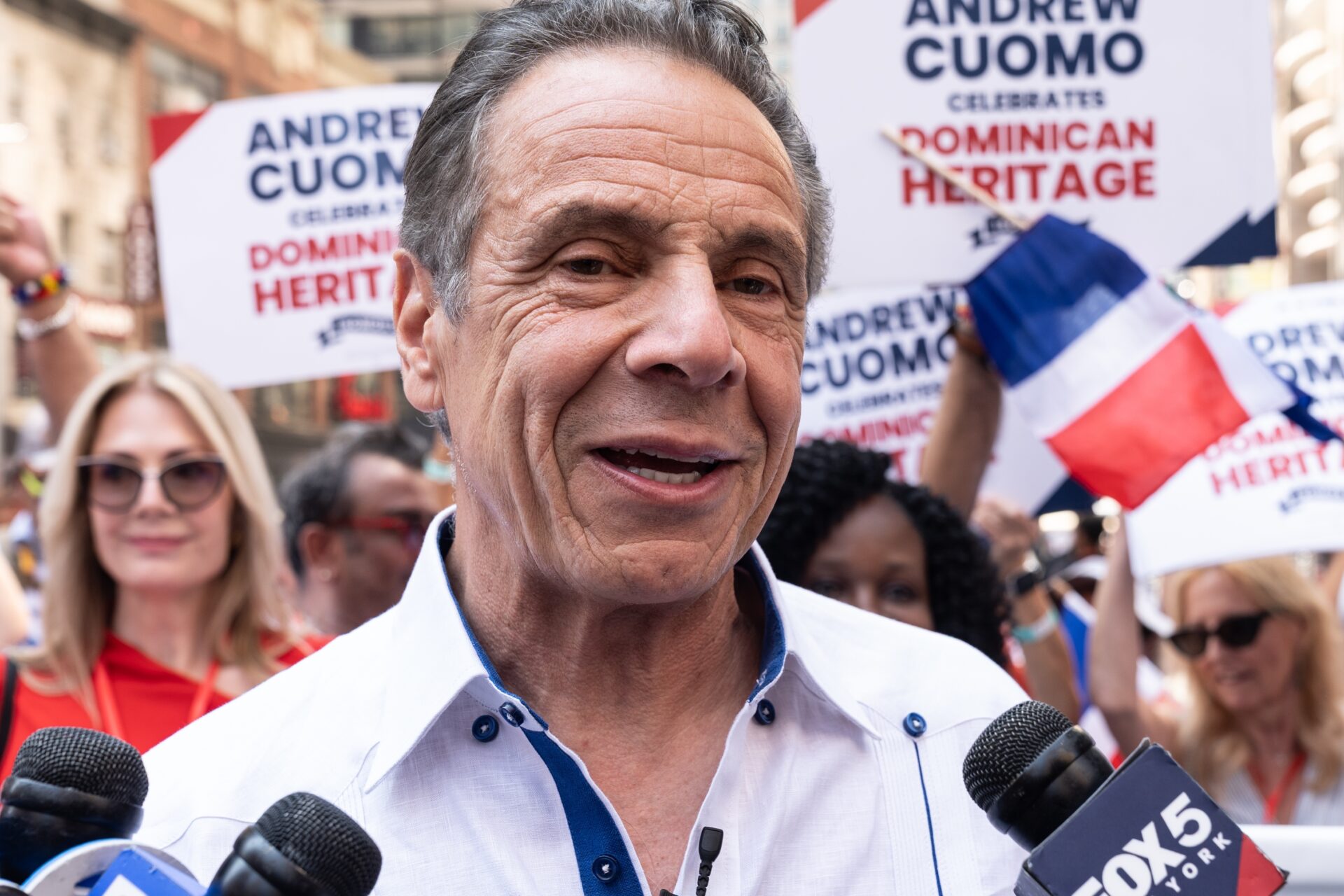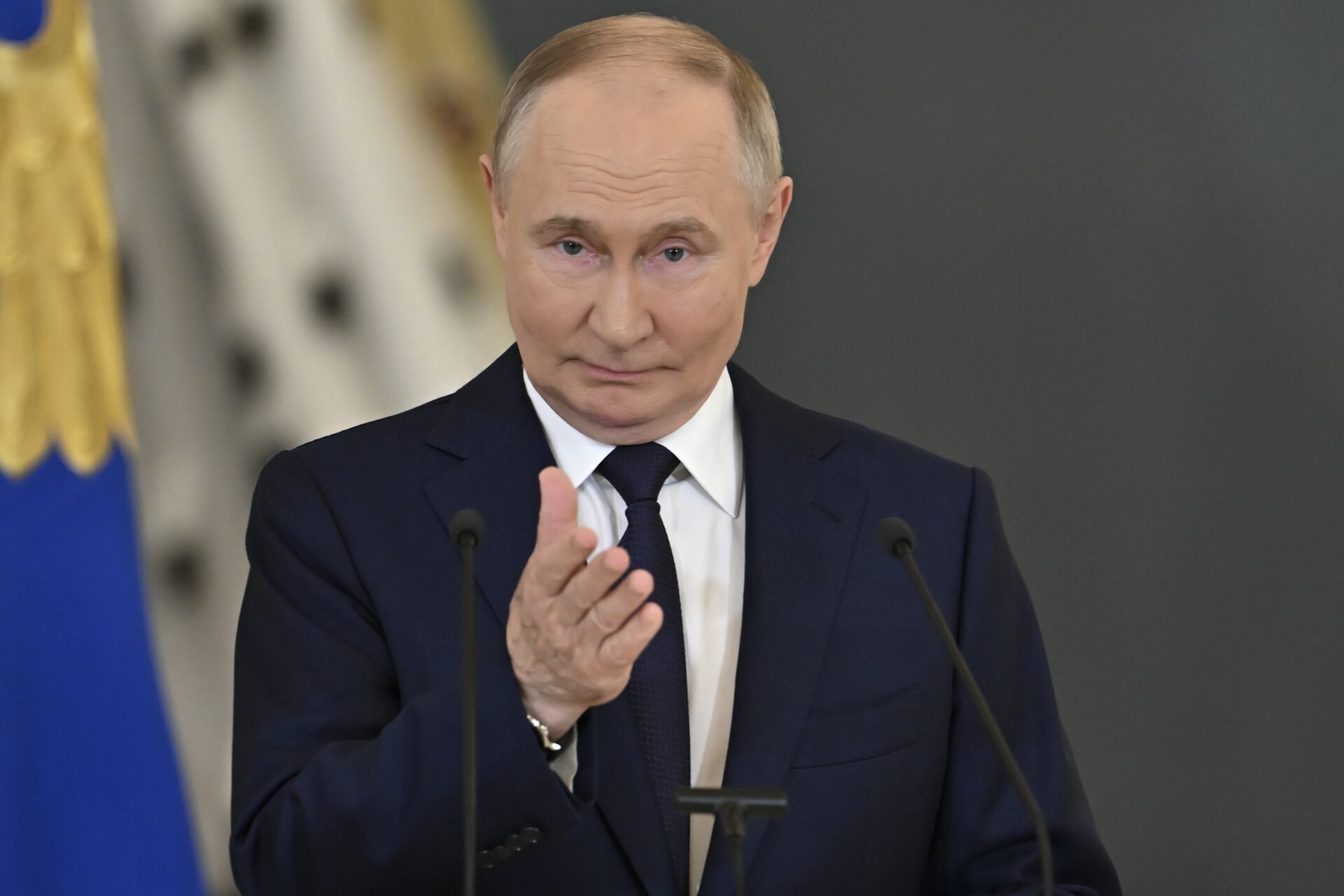
Can Musk BREAK Two-Party Grip?
Elon Musk’s floated plan to form the “America Party” is drawing scrutiny amid lingering industry tensions over his AI ventures and OpenAI’s recent governance crisis.
At a Glance
- Elon Musk has hinted at launching the “America Party,” prompting debate on its viability.
- Political analysts doubt the party can overcome the entrenched two-party system.
- OpenAI’s board removed CEO Sam Altman in November 2023, triggering staff backlash.
- Microsoft played a key role in reinstating Altman during the governance crisis.
- Musk’s exit from OpenAI in 2018 and subsequent AI ventures frame ongoing industry rivalry.
Political Ambitions in a Polarized System
Elon Musk’s suggestion of founding the “America Party” has ignited speculation over his political strategy and potential influence beyond technology. While some supporters see it as an avenue for fresh political thinking, critics question its ability to gain traction in a deeply divided electoral system dominated by Republicans and Democrats.
Watch now: Elon Musk Launching ‘America Party’ · YouTube
Analysts point to Musk’s record of high-profile, often contentious moves—such as his purchase of Twitter and clashes over AI governance—as indicators of the challenges he might face in transitioning from industry leadership to electoral politics. The branding and policy platform of the “America Party” remain undefined, leaving questions about its ideological positioning and appeal to voters.
OpenAI Governance Turmoil
In November 2023, OpenAI’s board ousted CEO Sam Altman over concerns about communication practices and adherence to mission goals. This decision exposed underlying friction between the nonprofit board’s oversight and the company’s commercial ambitions. Nearly the entire staff signaled willingness to resign, intensifying pressure on the board to reverse its decision.
Microsoft, OpenAI’s largest partner, intervened to advocate for Altman’s return. Its involvement underscored the influence large corporate stakeholders can exert over governance outcomes in AI companies. The crisis ultimately led OpenAI to commit to structural reforms designed to better balance mission adherence with operational flexibility, highlighting a broader debate over accountability in AI leadership.
Musk’s Position in the AI Landscape
Musk, who co-founded OpenAI but departed in 2018 over strategic disagreements, has remained vocal about AI safety and governance. He has criticized what he views as OpenAI’s drift toward commercial interests, positioning his newer venture, xAI, as a mission-focused alternative. His ongoing legal disputes and public statements keep him central to discussions on industry ethics and competitive direction.
Microsoft’s decisive role in resolving OpenAI’s board dispute demonstrated how intertwined commercial power and governance have become in the AI sector. The incident also raised broader questions about the potential for centralized control in organizations tasked with overseeing transformative technologies.
Musk’s possible entry into formal politics through the “America Party” could further complicate his relationships with industry partners, regulators, and competitors. As his influence spans business, technology, and potentially governance, observers are watching closely to see how these roles intersect—and whether they can coexist without undermining one another.
Sources
Reuters
Bloomberg
The New York Times


